PATH gives trafficking victims a fresh start
By Tiffany Cuddihy | Citizens Staff
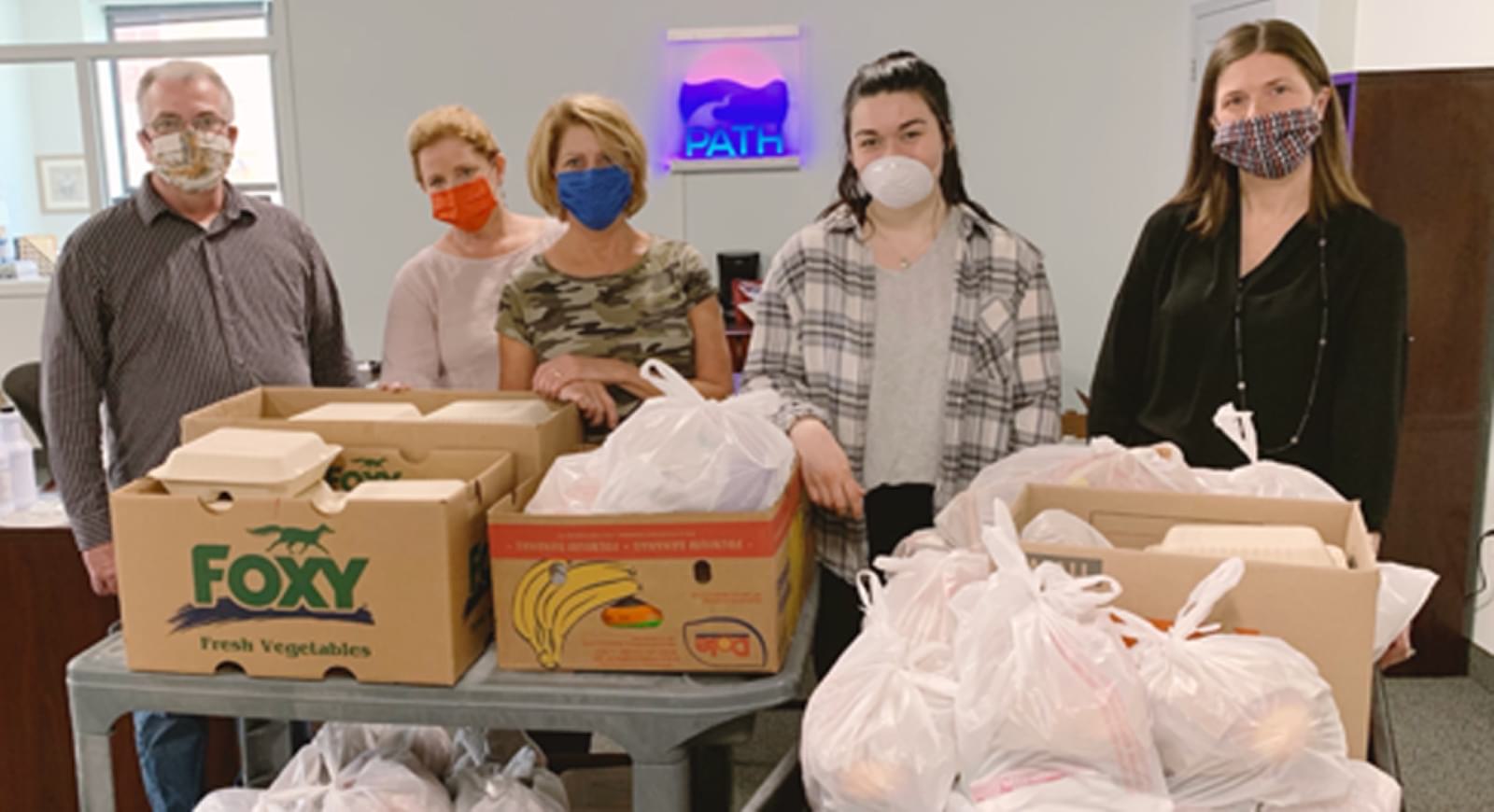
PATH gives trafficking victims a fresh start
Buffalo org one of 134 recipients of $15,000 grant from Citizens' Small Business Recovery Program
What do you do when everyone you thought you could trust was actually out to hurt you? Where do you go when the place where you’ve sought shelter doesn’t protect you from abuse? Those questions are the reality for many victims of human trafficking here in the United States, and around the world.
Human trafficking involves the recruiting, harboring, or transportation of people solely to exploit them, usually for financial gain. There isn’t a country, state, or town in the world immune to the affects of this type of human exploitation.
That includes Buffalo, New York, where People Against Trafficking Humans (PATH) has made it their mission to be a source of comfort and safety for the lost, lonely, and oppressed victims of human trafficking in the area. Some of these victims don’t speak English or aren’t familiar with local laws, making them an easy target for predators.
“Human trafficking refers to both labor and sex trafficking,” explains Julie Palmer, PATH’s Executive Director.
According to Palmer, PATH mostly handles sex trafficking victims — the most prevalent type of trafficking in New York State. However, the organization is equipped to be a welcoming space for all who need a safe place to start over.
In one case described by Palmer, a young girl came to the United States thinking she was entering the country as part of a work-study program. Instead, she found herself falling victim to a human trafficking scam. This girl ended up at a job where she was grossly underpaid and housed in an apartment where she was abused and held captive by the people she thought she could rely on.
When PATH got involved, they helped her fight back against the injustice and escape the inhumane treatment she was subjected to daily.
“These victims,” Palmer shares, “are so beaten down, they don’t feel worthy of a better life.
“At PATH, we are all about physical, emotional, and spiritual healing,” she continues. “We offer them the stability and compassion they need to see their value again.”
PATH uses education, prevention, and restoration principles to provide hope to these human trafficking victims. And it’s that work that earned PATH a $15,000 grant from Citizens Bank’s Small Business Recovery Program. Citizens Bank has distributed $5 million to help small businesses and organizations cope with the devastating affects of the COVID-19 pandemic, including a collective $2 million in grants to 134 local businesses to help pay for expenses like staffing needs, lost income, and recovery efforts.
“We are all excited, surprised, and thrilled to have been selected for this grant by Citizens,” says Palmer. “We know how many other worthy causes are out there.”
The PATH way
Back before the COVID-19 pandemic brought the world to a halt, PATH held community events to educate the public on the often unspoken subject of human trafficking. Staff and volunteers held Awareness Nights and informative speaking engagements at local churches, colleges, businesses, and other establishments to spotlight the dangers of this taboo underworld — a world that exists much closer to home than many are willing to admit.
“At PATH, we work to educate the public,” says Palmer, “but we also reach out to at-risk youth to discuss warning signs and prevention.”
Palmer took over as Executive Director back in 2012 with encouragement from the previous leadership. She was a full-time mom at the time, but she was also feeling a push to do something meaningful for her community. Motivated by her faith and driven by her background in mental health, Palmer accepted the role and hasn’t looked back.
Now, she’s a fearless force and commanding voice for the PATH community.
During her impassioned Tedx Talk, she hit the audience with this alarming fact: Human trafficking is the fastest growing criminal industry in the world, generating an estimated $150 billion a year. That’s second only to drug and arms trafficking.
This statistic is both alarming and shocking, but it’s also an eye-opening and vital truth that needs to be shared and shouted until the danger finally sinks in.
“I’d say that half of the people we speak with at events haven’t even heard of human trafficking,” notes Palmer. “And it’s happening in their own neighborhoods.”
This is why PATH continues to push the conversation.
People from all walks of life, regardless of race, gender, or economic status, can fall victim to human trafficking — especially in the age of social media, where, according to a study by The University of Toledo Human Trafficking and Social Justice Institute, predators can monitor users’ activity to spot indicators of substance abuse, runaway activity, and destabilization within the home.
In 2013, Palmer founded PATH’s Enrichment Center to support women — many of whom are mothers — and youths who’ve experienced assault or trauma or who’ve been directly affected by human trafficking. It’s a drop-in center where all services are free and no registration is required. The Enrichment Center offers shelter, legal counseling, clothes, personal care items, and transportation as well as advocates and mentors to accompany clients to other social service providers. There are also educational classes held by masters-level professionals that cover an array of interests and needs — everything from fitness classes and music therapy to English as a Second Language (ESL).
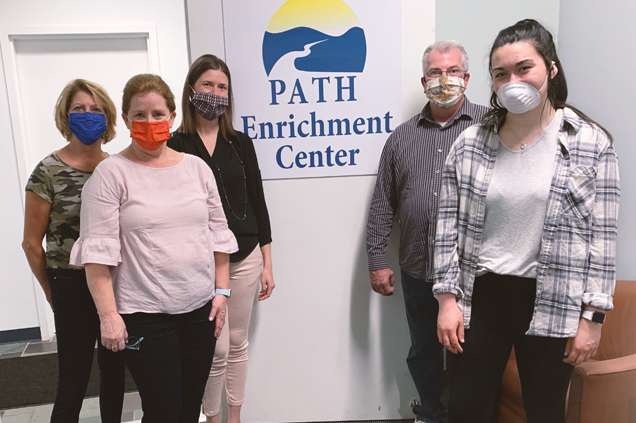
PATH has eight staff members, 35 active volunteers, and one simple truth that guides them: “We all have the ability to make a difference,” Palmer says, “so we do.”
To Palmer and her team, their clients are more like family. While the COVID-19 pandemic has certainly made it more challenging for the team to connect so intimately with that family, it hasn’t stopped PATH from finding creative ways to keep providing their services.
No slowing down
PATH’s services have been deemed essential during the pandemic, but while their doors are open, new social distancing efforts have been put in place.
“As a leader, one of the things you have to do is figure out how to meet the need during COVID-19,” says Palmer. “Once we had a plan, everyone was on board.”
Telehealth appointments have been made available for clients who aren’t able to leave their homes. PATH and their Enrichment Center recently transitioned all of their educational classes to a virtual platform on YouTube so clients can keep a sense of normalcy during such an emotional time of isolation and uncertainty. They’ve even added coping strategy videos to offer additional support and comfort.
Furthermore, after noticing that music and art have been particularly beneficial to victims right now, PATH arranged to have music therapy classes done by phone call and packaged up art kits to send out to clients to work on remotely.
And as if that weren’t enough, PATH volunteers are organizing donations and loading vans with meals and supplies to be delivered twice a week to their clients’ homes.
“I’m really proud that we haven’t dropped any services,” says Palmer.
With the $15,000 grant from Citizens Bank, Palmer says a portion will be used to offer virus prevention supplies and new technology to support virtual communication. Some of the money is also expected to go toward PATH’s new safe house initiative. The goal is to have a safe place set up for clients who are either homeless or who are currently living in a dangerous environment.
“The Citizens Bank grant money will go a long way in making sure we can continue to serve our PATH community, both in our center or remotely,” Palmer explains.
But Citizens Bank isn’t the only organization helping PATH during this time. A local benefactor recently donated a larger building to PATH in its Buffalo neighborhood, which will double the square footage and allow for social distancing to be built into their “new normal” way of working.
As Palmer and her team continue to find new ways to adapt and innovate during the COVID-19 crisis, their focus remains on their mission: to end human trafficking for good.
Through education, prevention, and restoration, PATH provides one of the most important weapons against human trafficking.
Hope.
We're made ready to help small businesses
Want to help PATH in its mission to prevent human trafficking? Donate here.
Citizens Bank has committed to providing $5 million to help support local businesses, including the more than $2 million in grants provided to 134 small businesses.
Check out all the ways Citizens Bank is supporting local businesses and our communities during the pandemic.
Learn more about our grant recipients
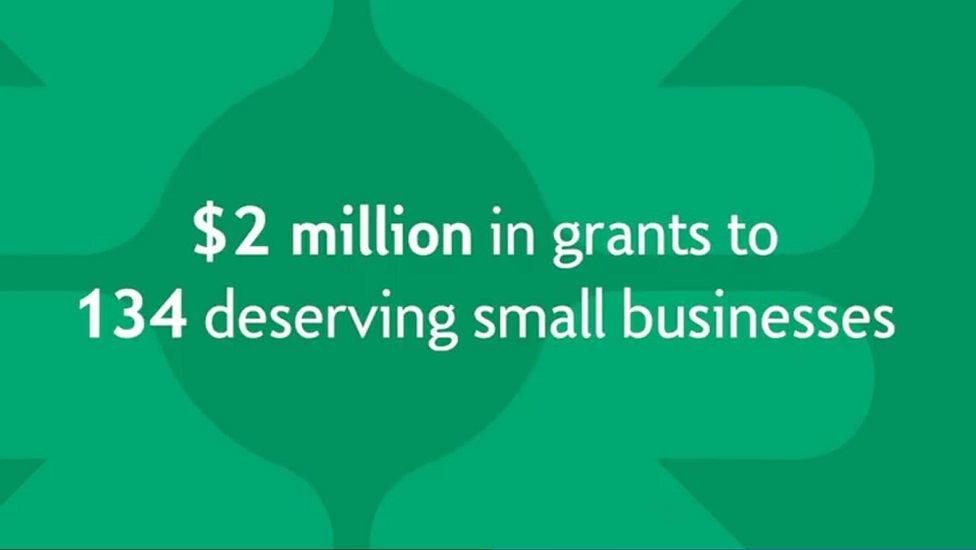
Learn more about our grant recipients
- Anila's Dress Maker (Penn.) pivoting to create face masks
- Widmer & Davis Artisan Distilleries (N.H.) shifting to produce hand sanitizer
- People Against Trafficking Humans (N.Y.) staying true to its mission
- Operation Made (R.I.) helping veterans share their gifts
- The Log Cabin Restaurant (Conn.) giving back in troubling times
- Clover Gift Shop (V.T.) keeping its legacy alive
- Bridgeway Home (Ohio) doubles down during pandemic
- RTM Vital Signs (Penn.) adapting to detect COVID-19
- Fresh Truck (Mass.) is ready to keep rolling
- Visiting Angels of Verona (Penn.) providing hope for seniors
- Johnny's Victory Diner (R.I.) gets a much-needed win
- Broad Street Ministry (Penn.) opening hearts despite closed doors
Video
Related topics

Review all 134 grant recipients
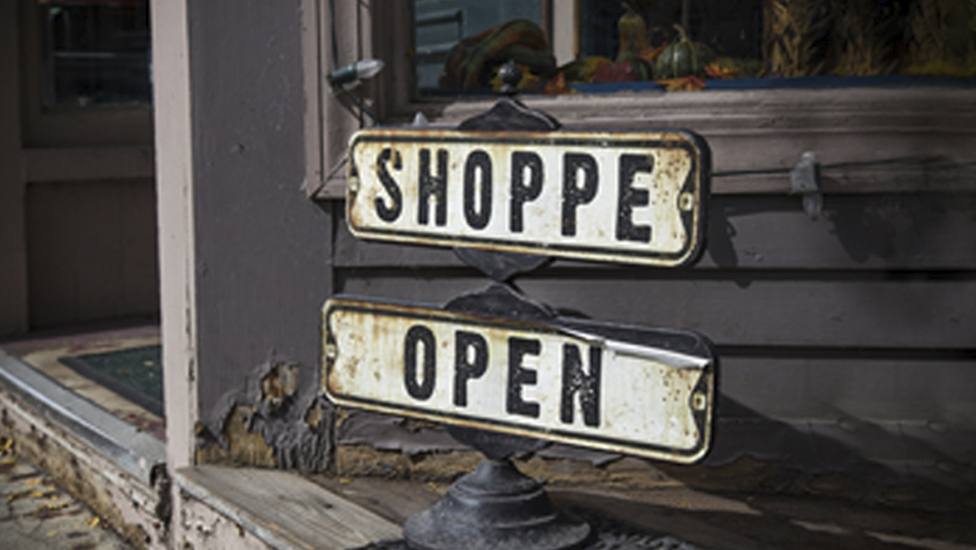
Clover gift shops keeps legacy alive
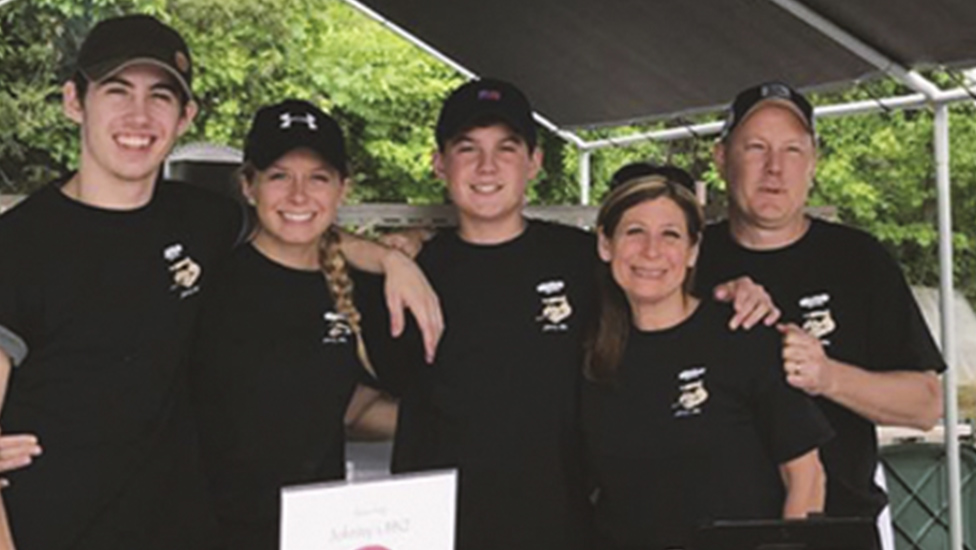
Johnny's Victory Diner
© Citizens Financial Group, Inc. All rights reserved. Citizens Bank, N.A. Member FDIC
Disclaimer: Views expressed may not necessarily reflect those of Citizens. The information contained herein is for informational purposes only as a service to the public and is not legal advice or a substitute for legal counsel. You should do your own research and/or contact your own legal or tax advisor for assistance with questions you may have on the information contained herein.
